The Weekly Aliyot of the Parsha - Vayikra
This parsha begins the third book of the Torah, Vayikra. Last week we completed the reading of the book of Shmos, which consisted of the story of the Jewish people from the time they went down into Egypt and slavery, until they received the Torah at Mt. Sinai, and finally the building of the Mishkan (the sanctuary) in the desert, and the cloud of G-d's glory filling the Mishkan. Another name for this book of Vayikra is Toras Kohanim, because many of the laws dealing with Kohanim and their service in the Mishkan are given here.
The book of Vayikra, and this first aliyah, begins with G-d calling (the word "Vayikra") Moshe Rabeinu to the Mishkan, and giving details of the procedure of giving animal sacrifices. This parsha is traditionally the first one learned by small children when they begin their Jewish studies and they are shown the small letter alef in the first word "Vayikra". Several commentaries say that the alef is small to indicate the humility of Moshe.
The second aliyah continues the discussion of sacrifices, but here discussing bird, meal, and baked-offerings used for sacrifices. Rashi points out that the words "ishai rayach nichoach l'Hashem" (meaning "an offering made by fire of a sweet savor to G-d") -- used in reference to both the animal sacrifices and the bird sacrifices, indicates that it doesn't matter whether one offers much or little, as long as one directs his heart to Heaven.
The third aliyah further discusses offerings - this time the deep-fried offering, and the prohibition of having chametz or fruit extract in the offering, and the need to have salt in it. This latter requirement, of needing salt with the offering, is one of the reasons why we dip our bread in salt.
The offering of first grain is also discussed here.The fourth aliyah continues with the discussion of offerings: Here are given the peace offerings of cattle, sheep, and goats (which Rashi says promote peace in the world). The aliyah ends with a "chok" (statute without apparent reason) that neither fat nor blood should be eaten throughout our generations wherever we may live.
The fifth aliyah gives the offering of one who sins through error. Also here are the offering of a Sanhedrin who tells a whole congregation to do a wrong thing, and the offering of a ruler that sins.
The sixth aliyah gives the sin offering of common people. Also given here is the offering of a person who is in a position to give evidence in court but doesn't.
The offering given by a person that becomes tamai (ritually impure), whether by touching a dead unkosher animal, or a creeping animal which is dead, and then goes and eats something sanctified or goes into a sanctified area of the temple, is here. Our sages teach that it is possible to transgress in this manner even today, G-d forbid, by going onto the Temple Mount in Jerusalem. This is so, because everyone is currently tamai mais, and the Temple Mount remains sanctified. This situation will be rectified when Moshiach comes, may it be speedily in our days, Amen.The seventh aliyah gives the offering of one who inadvertently misappropriates some sanctified object. In addition to the offering, he must make full restitution and add one fifth to it.
Also here is the offering of questionable guilt (when someone is not sure that he committed a sin).
Also included is the law of one who lies to his neighbor, such as in a business deal, or robbery or withholding funds, or finding a lost article and denying it. He must make an offering, restore the principal amount, and add one fifth to it.
